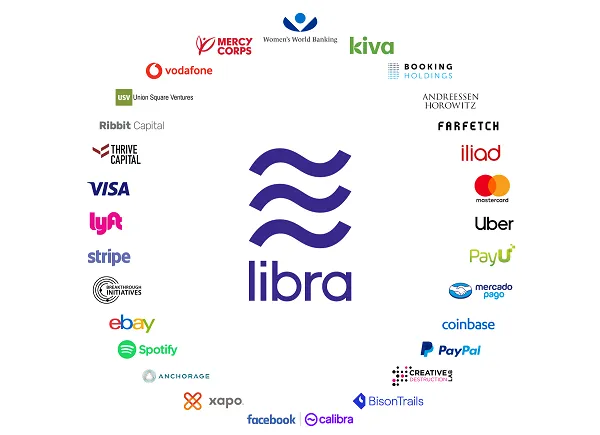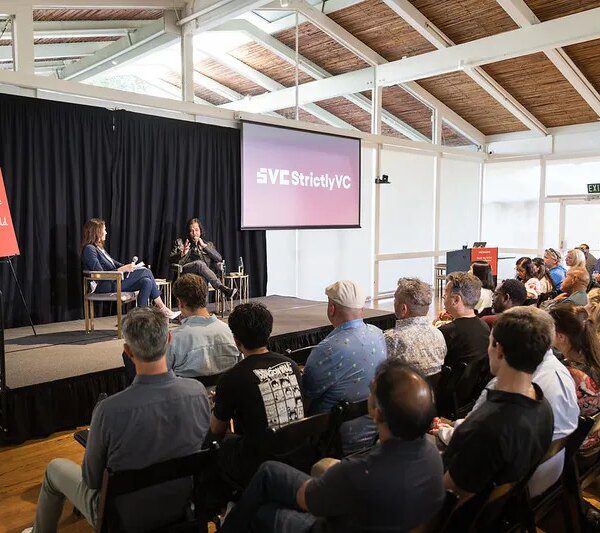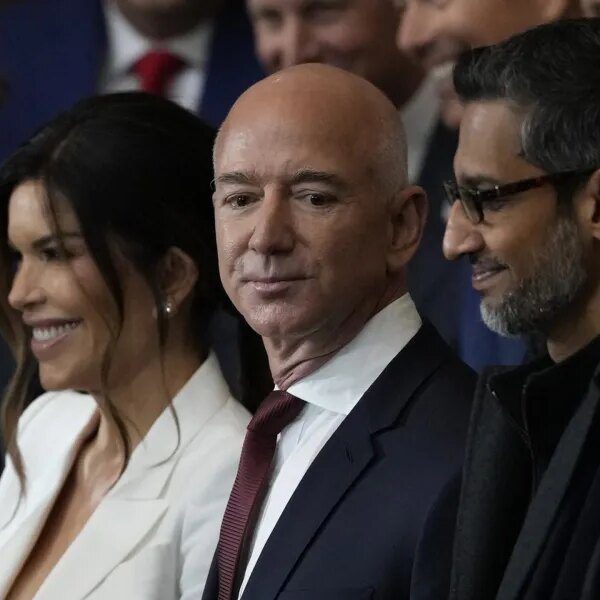Here’s the thing about Elon Musk’s grand mission to convert X into an “everything app”, centered around payments at its core, which would then enable all sorts of transactional functionality, and would theoretically make it a more valuable utility for billions of users.
While conceptually, implementing a “Western version of WeChat” makes theoretical sense, what Musk seems to be overlooking is that Meta has already tried this, from various angles. And it’s never even come close to making this a significant offering.
Meta’s main push on this front was the introduction of Messenger Bots in 2016, which it saw as a window to a new world of shopping, payments, and more within the app.
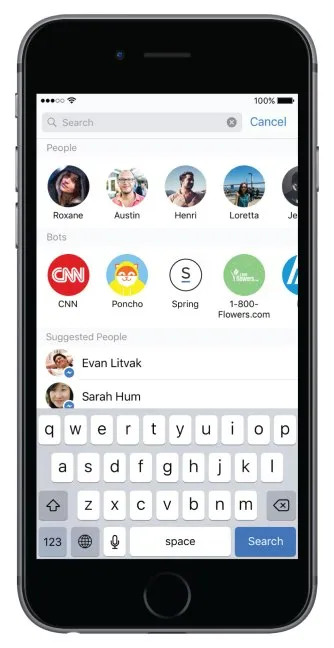
And WeChat, the ubiquitous Chinese messaging app, was specifically named by Meta as the inspiration for that push:
“We need to leapfrog what they [WeChat] have done, to create better experiences than you would get with dedicated apps. When WeChat launched, there was no Airbnb, Uber or other fast-growing apps.”
So Meta was trying to build its own “WeChat for the West”. But it never caught on, and Meta was eventually forced to abandon the concept.
Meta then tried its hand at more direct payment facilitation in-stream, with the introduction of its Libra project in 2019.
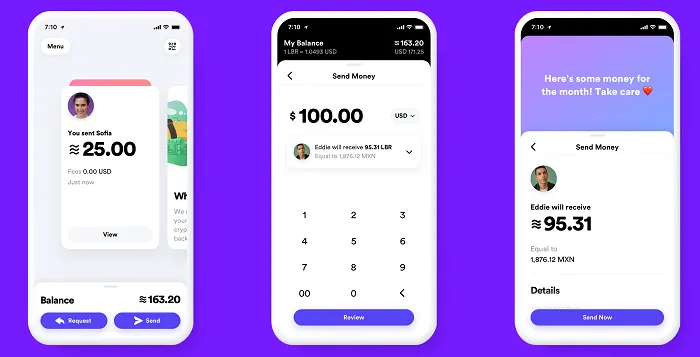
Headed by a former PayPal exec, the idea was that Meta would eventually be able to facilitate all sorts of transactions in the app, exactly the same as what Musk is proposing for X.
But that too collapsed.
Why? Well, this week, former Libra project chief David Marcus has provided some new insight into this, noting that the project was effectively killed off by U.S. politicians who were concerned about Meta expanding its power into payments.
As per Marcus:
“By spring of 2021, we had addressed every last possible regulatory concern across financial crime, money laundering, consumer protection, reserve management, buffers, and so much more, and we were ready to launch. We had worked on a slow rollout of a limited pilot that some members of the Fed’s Board of Governors were supportive of. At last, Chair Jay Powell was ready to let us move forward in a limited way. The story, as I heard it, is that Jay Powell was told by Treasury Secretary Janet Yellen at one of their biweekly meetings that allowing this project to move forward was “political suicide,” and she would not have his back if he let it happen.”
Marcus says that the project was effectively killed off by regulators, in order to curb the expanding influence of big tech:
“There was no legal or regulatory angle left for the government or regulators to kill the project. It was 100% a political kill, one that was executed through intimidation of captive banking institutions. That was the hardest part of this story for me personally. Not that we had failed, but that America, this country I immigrated to and became a proud citizen of because of its rule of law and value system, behaved in such a way for political reasons. It was a very tough pill to swallow.”
Essentially, regulators didn’t want to see Meta moving into payments.
So will that be any different for Elon?
The re-election of Trump could pave a clearer way forward for Musk in this respect, with Musk’s government spending review project (DOGE) potentially eliminating roadblocks for his own companies.
But essentially, it’s not going to be easy. And while X has applied for, and been granted payment processor licenses in several U.S. states, it still seems unlikely that it’ll be able to gain all the approvals it’ll require to facilitate its full payments and transactions plan within the app.
So while it may seem logical as a concept, and it may have been a revolutionary vision of the future when Musk first proposed the idea back in 2000, the reality is that Musk is going to face significant challenges in enacting this road map for X.
And that’s before you even consider whether people actually want to make payments or shop in the app.
Essentially, there’s no precedent to suggest that this is going to be a success, and no easy path to actually launching such a platform in the first place.
But again, maybe, with Trump back in The White House, that’ll provide new hope for Musk’s “everything app” vision.

